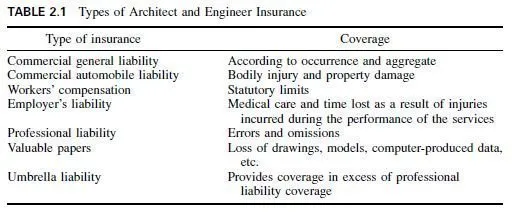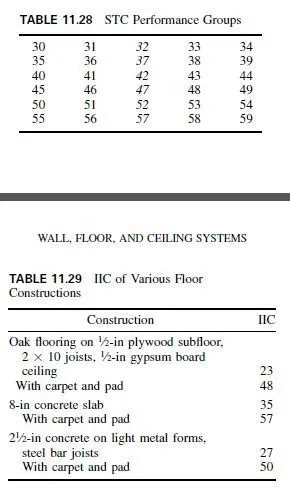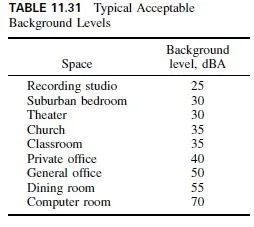A professional construction manager (CM) is an individual or organization specializing in construction management or practicing it on a particular project as part of a project management team that also includes an owner and a design organization.
A prime construction contractor or a funding agency may also be a member of the team. (See Art. 1.13.)
As the primary construction professional on the project management team, the CM provides the following services or such portion thereof as may be appropriate to the specific project:
1. The CM works with the owner and the design organization from the beginning of the design concept through completion of construction and closeout, providing leadership to the construction team on all matters relating to construction, keeping the project management team informed, and making recommendations on design improvements, value engineering, construction technology, schedules, and construction economies.
2. The CM proposes construction and design alternatives to be studied by the project management team during the planning phase and analyzes the effects of these alternatives on the project cost, schedule, and life-cycle cost.
3. After the project budget, schedule, and quality requirements have been established, the CM monitors subsequent development of the project to ascertain that those targets are not exceeded without knowledge of the owner.
4. The CM advises on and coordinates procurement of equipment and materials and the work of all contractors on the project. Also, the CM may monitor payments to contractors, changes ordered in the work, contractors claims for extra payments, and inspection for conformance with design requirements. In addition, the CM provides current cost and progress information as the work proceeds and performs other construction-related services required by the owner, such as furniture, fixtures, and equipment interfacing.
The CM normally engages other organizations to perform significant amounts of construction work but may provide some or all of the site facilities and services specified in the General Conditions of the construction contract and is usually reimbursed by the client for these costs.
The advantages of engaging a CM over conventional construction with a general contractor (see Art. 1.4) are as follows:
The CM treats project planning, design, and construction as integrated tasks, which are assigned to a project management team. The team works in the owners best interests from the beginning of design to project completion. The contractual relationships between the members of the team are intended to minimize adversary relationships and to contribute to greater responsiveness within the team. In this way, the project can be completed faster and at lower cost. (See also Art. 2.19.)
(D. Barry and B. C. Paulson, Professional Construction Management, Journal of the Construction Division, American Society of Civil Engineers, September??1976.)


